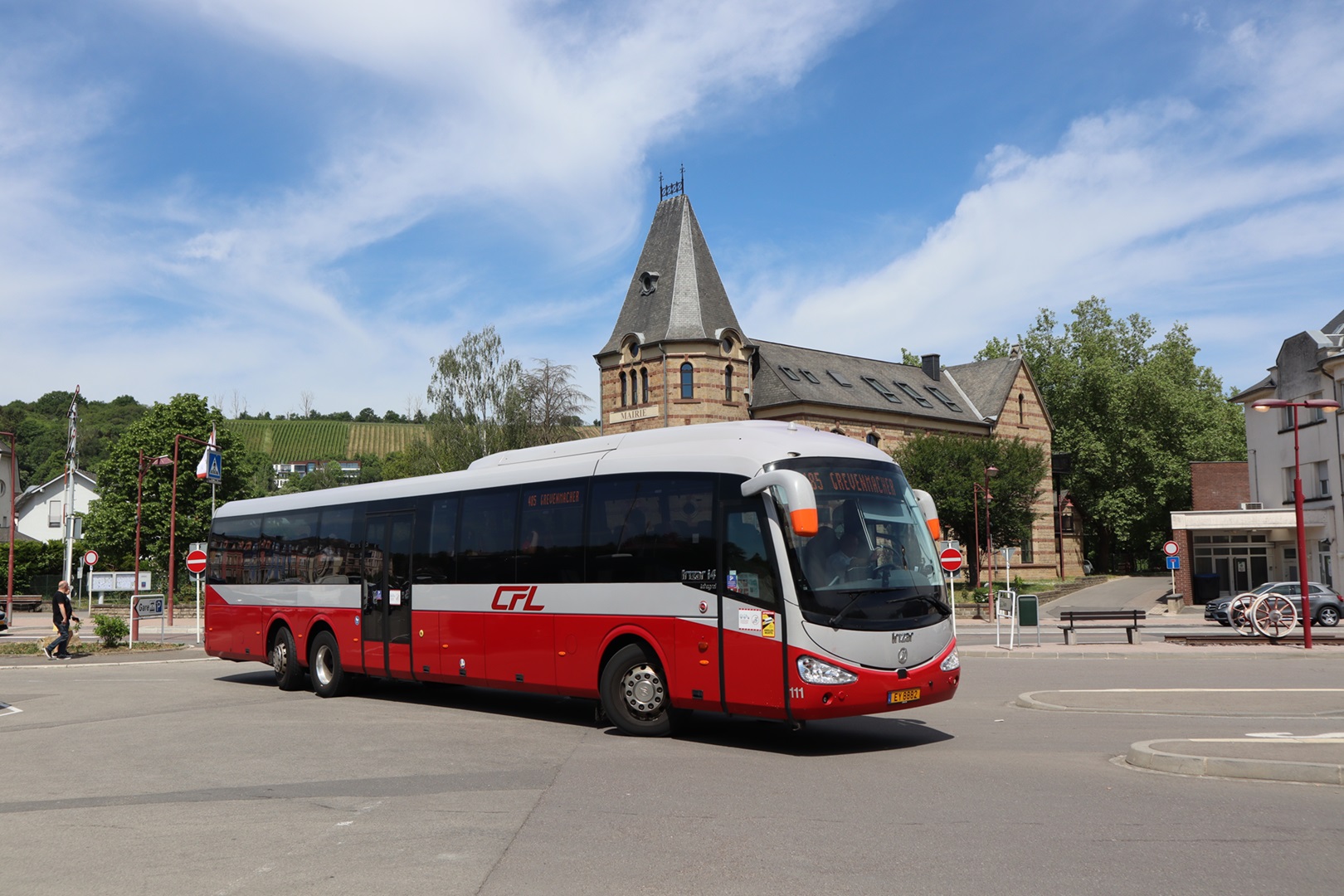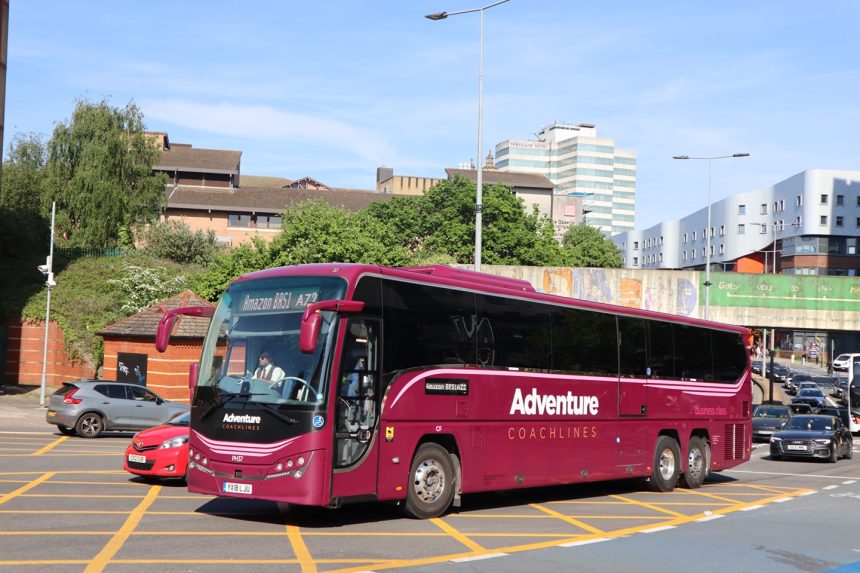Scheduled coach services – and thus coaches in general – have gained visibility in recent years, during which time the mode has witnessed growing recognition of its environmental benefits and cost-effective, flexible nature.
That is helpful when wider under-development connectivity work is considered, such as the far-reaching Integrated National Transport Strategy (INTS) for England and the potential north-to-south TrawsCymru Express coach route in Wales.
The former is at the call for evidence stage and the latter gives a more developed indication of how coach services could fill some gaps where rail links are absent, something already evident in Northern Ireland and Scotland. Coach shoulders a respectable part of those nations’ longer-distance public transport demand while often holding its own against rail.
New passenger railway projects are expensive, albeit achievable with the right number of zeros. But the likelihood of extensive railway construction for links with modest demand is nil, regardless of what Rachel Reeves may tout about investment and infrastructure.
That is where scheduled coach services could leverage their position, as may happen with the TrawsCymru Express link. It is at the feasibility study stage, albeit one that shows some pretty dismal financial predictions if viewed from a strictly commercial viewpoint.
Across a 15-year operational outlook with diesel coaches, a revenue forecast of £21.8 million sits against total operating costs of £51.9 million. Use of electric coaches closes that gap slightly via total operating costs of £50.1 million. That is with eight round trips per day between Bangor and Carmarthen and a PVR of six.
Nevertheless, subsidy for rail services is seldom seen as cost. Rather, it is an investment in growing the connectivity that drives economic activity. And yes, Rachel, you may have mentioned the growth that comes with that once or twice since becoming Chancellor.
There is no reason why complementary scheduled coach services cannot be seen in the same way as rail with the right delivery structure and – perhaps key among influencing factors – an integrated approach. They already do just that elsewhere.

It is thus notable that in its paper to the Integrated National Transport Strategy call for evidence in England, the Confederation of Passenger Transport (CPT) seeks a requirement for local transport authorities to consider the coach and coach services both as they are now and through the lens of future development scope.
That may prove difficult for some of those bodies to grasp, should it come to pass. Facilities for coaches are sometimes poor if they exist at all, but that is not a universal position; some areas ‘get it’ and provide what is needed.
A gentle (or not-so-gentle) push along that road via the INTS work coupled to an approach of coaches and coach services being considered as part of the integrated transport offering across England, Scotland and Wales could work to the sector’s benefit.
Key in England is for the completed strategy to consider coach holistically. A bits-and-pieces tactic would be unlikely to be harmful, but capturing scheduled services alongside tourism-related work would reap the most economic benefit.
Scotland has shown since 2020 that it acknowledges the coach’s role in the economy. Wales, which plans to combine its government-run rail network with countrywide bus franchising, will be in a good position to build on its nascent TrawsCymru Express work where appropriate.
In England, the INTS call for evidence has closed with a strong representation for coach. Consultation will undoubtedly follow, and there is a chance that none of what is advocated by CPT or others is ultimately adopted. But the dice have been rolled, and a good return would give the coach industry a collective boost.



























